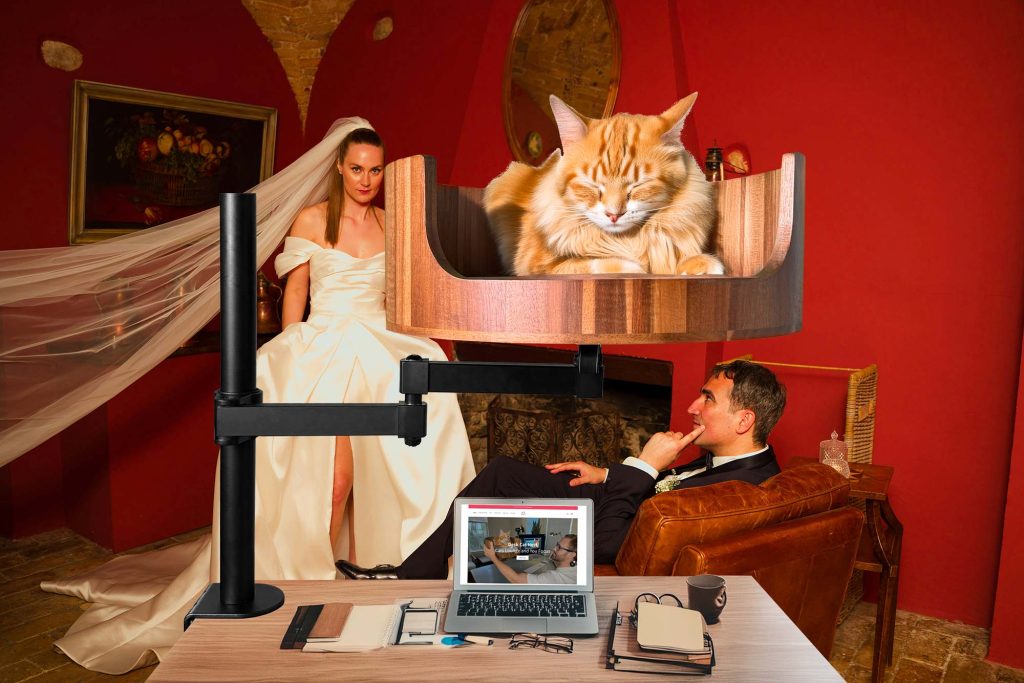As cats age, they go through various changes that require special care and attention from their owners. Just like humans, felines also experience their own version of golden years, during which they may need additional support to maintain their quality of life. In this article, we will delve into the world of old cat age, exploring the physical and behavioral changes that come with it.
From decreased mobility to changes in appetite and grooming habits, aging cats have unique needs that differ from their younger counterparts. Understanding these changes is key to providing the best possible care for your beloved feline friend during their golden years. We will discuss common health issues that older cats may face, as well as tips on how to help them stay comfortable and happy as they age. Whether you have a senior cat or are preparing for your cat’s transition into old age, this article will provide valuable insights and practical advice to ensure that your furry companion receives the care and attention they deserve in their twilight years.
1. Cats are considered senior when they reach 11 years old, but may not show signs of aging until they are closer to 14.
2. Older cats require more frequent veterinary visits to monitor for age-related illnesses like kidney disease, arthritis, and dental issues.
3. Diet plays a crucial role in maintaining an older cat’s health, with a focus on protein, moisture, and low carbohydrate content.
4. Providing a comfortable environment with easy access to warmth, cozy bedding, and litter boxes can greatly improve an older cat’s quality of life.
5. Mental stimulation and playtime are important for keeping senior cats engaged and preventing cognitive decline.
Physical Changes in Old Cats
As cats age, their bodies undergo various physical changes that can impact their overall health and well-being. Senior cats may experience reduced muscle mass, arthritis, dental issues, and decreased sensory functions such as hearing and vision. These changes can affect their mobility, ability to groom themselves, and even their appetite. It is important for cat owners to be aware of these physical changes in order to provide appropriate care and support for their aging feline companions.
Behavioral Changes in Old Cats
Old cats may also exhibit changes in their behavior as they age. They may become more sedentary, less interested in playing, or even develop cognitive dysfunction syndrome, which is similar to dementia in humans. Senior cats may also become more vocal, anxious, or display other behavioral issues. It is crucial for cat owners to monitor their pet’s behavior closely and seek veterinary advice if they notice any significant changes in their cat’s behavior.
Health Considerations for Old Cats
As cats enter their golden years, they become more susceptible to various health conditions such as kidney disease, hyperthyroidism, and dental issues. Regular veterinary check-ups, proper nutrition, and appropriate exercise are essential in helping to maintain the health and well-being of senior cats. Cat owners should work closely with their veterinarians to create a comprehensive health plan tailored to their aging feline’s specific needs.
Emotional Support for Old Cats
Old cats may require additional emotional support as they age, especially if they are dealing with health issues or changes in their environment. Providing a comfortable and safe space for your senior cat, along with plenty of affection and attention, can help ease any anxiety or stress they may be experiencing. Incorporating interactive toys, cozy bedding, and regular grooming sessions can also help to keep your aging feline happy and content.
Frequently Asked Questions about Desk Cat Nest for Old Cat Age
Is Desk Cat Nest suitable for older cats?
Yes, Desk Cat Nest is designed to cater to the needs of older cats. The soft, cushioned lining provides a comfortable resting spot, while the raised edges offer support and security for senior cats.
Will Desk Cat Nest help with joint pain in older cats?
Desk Cat Nest’s plush padding can help alleviate joint pain for older cats by providing a soft surface for them to rest on. It can also help keep them warm and cozy, which is beneficial for relieving stiffness in joints.
How easy is it to clean Desk Cat Nest for older cats?
Desk Cat Nest is easy to clean – simply remove the cushion and wash it according to the care instructions provided. The durable material of the nest itself can be wiped down with a damp cloth for quick maintenance.
Will the Desk Cat Nest fit my older, larger cat?
Desk Cat Nest is designed to accommodate cats of various sizes, including larger breeds. The spacious design and sturdy construction of the nest can comfortably support older, larger cats while providing a cozy place for them to relax.
Is Desk Cat Nest safe for older cats with mobility issues?
Desk Cat Nest’s low, step-in design makes it easily accessible for older cats with mobility issues. The soft cushioning and sturdy walls provide support and stability, making it a safe and comfortable resting spot for senior cats.
In conclusion, the Desk Cat Bed is an excellent choice for providing comfort and support for aging cats. The elevated design helps alleviate pressure on achy joints and muscles, making it easier for older cats to rest and relax. The soft, plush cushion provides a warm and cozy spot for them to curl up in, promoting better sleep and overall well-being. Additionally, the Desk Cat Bed’s compact size makes it a convenient and space-saving option for households with limited space. Invest in the Desk Cat Bed today to ensure your senior feline companion has a comfortable and peaceful place to rest as they navigate the challenges of old age.


